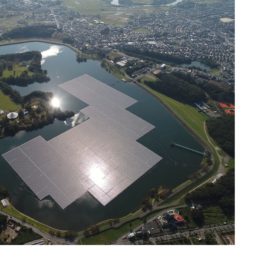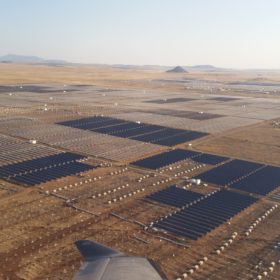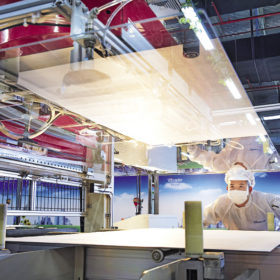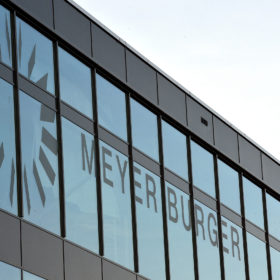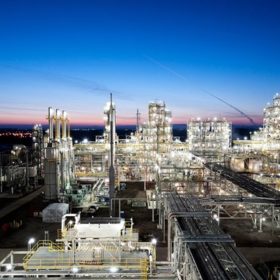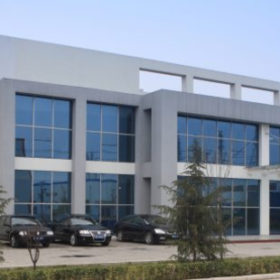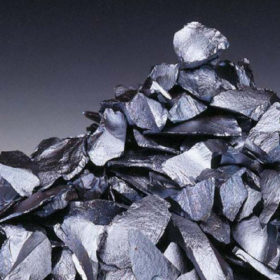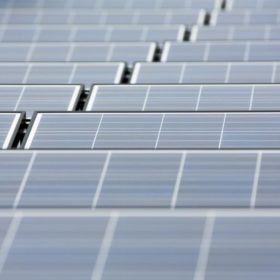Kyocera reports falling revenues for solar business
Japanese electronics company & cell/module manufacturer, Kyocera has reported improved overall financials for the first quarter of the Japanese financial year, with a 12.3% increase in revenues. For the company’s activities in solar, however, signs are less encouraging.
UK based scientists demonstrate ‘charge funnels’ to boost solar efficiency
A team of researchers from the University of Exeter has demonstrated a technique which creates ‘charge funnels’ within certain semiconductor materials. The researchers state that the technique could eventually lead to the development of PV cells with better than 60% efficiency.
Imec hits 27.1% on perovskite/silicon tandem cell
Belgian research institute, Imec has announced the achievement of 27.1% efficiency on a perovskite/silicon tandem cell, providing further evidence of the technology’s potential to provide a low cost efficiency boost to existing PV technology.
Revenues rise for Scatec Solar, as projects under construction surpass 1 GW
Norwegian project developer, Scatec Solar has posted increased revenues for the second consecutive quarter. The company states that this performance is primarily attributed to its increased development and construction activities, with more than 1 GW of projects under construction worldwide.
Top 10 crystalline PV module manufacturer ranking
With production and capacity figures provided by industry analyst IHS Markit, pv magazine provides a rundown of the top 10 crystalline silicon module manufacturers based on 2017 production data, followed by a look at the market forces and technology trends that have shaped the supply landscape.
Meyer Burger expects return to profit in H1 2018
In a preview of its half year financial results, Swiss equipment supplier, Meyer Burger has announced it is expecting a return to profit in the first half of 2018, recovering from a lengthy period of losses, including a major restructuring and the closure of multiple production sites.
REC Silicon hit by falling demand in Q2
Norway headquartered polysilicon producer, REC Silicon posted a loss of US$9.6 million for the second quarter of 2018, amid reduced production and increasing inventory. The company’s Solar Materials segment was responsible for much of these losses, with decreased demand and ongoing trade wars cited as the cause.
JA Solar exits NASDAQ exchange
Chinese module giant JA Solar has announced the completion of a merger that makes it the latest in a line of solar manufacturers to voluntarily de-list from a major stock exchange.
Daqo New Energy lowers Q2 forecast
Chinese polysilicon giant Daqo New Energy has revised down its guidance for both polysilicon and wafer sales in the second quarter of 2018. The company states, however, that it remains confident in long-term prospects for the solar industry; and is proceeding as planned with capacity expansions.
Module prices continue to fall
The latest reports from analysts at PV InfoLink and EnergyTrend show prices continuing to fall, though at a slower rate than was immediately seen after China’s 31/5 announcements. High efficiency mono-PERC modules fell to around US$0.32/W, while multicrystalline module prices held steady at between $0.26 and $0.29/W.

